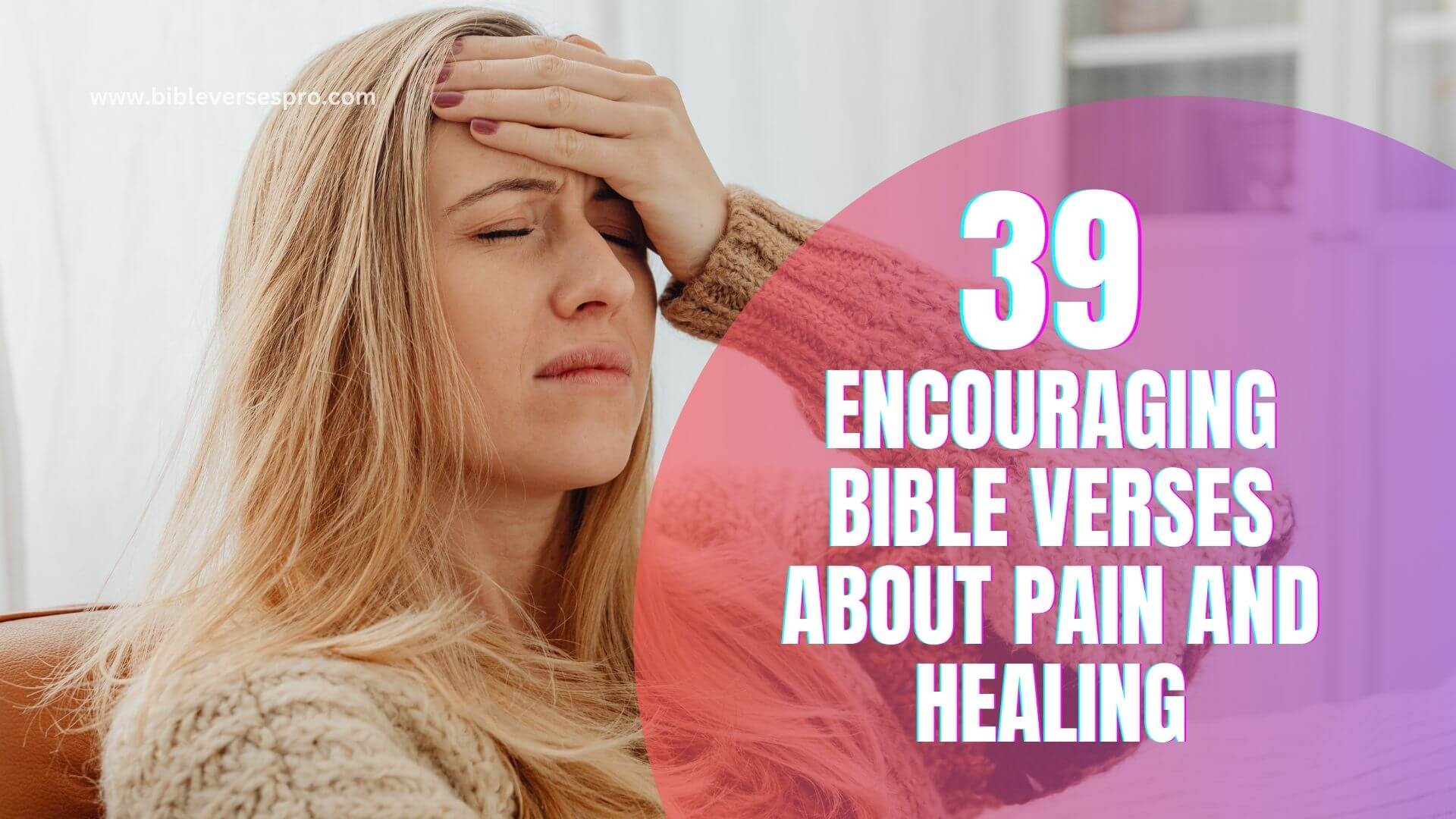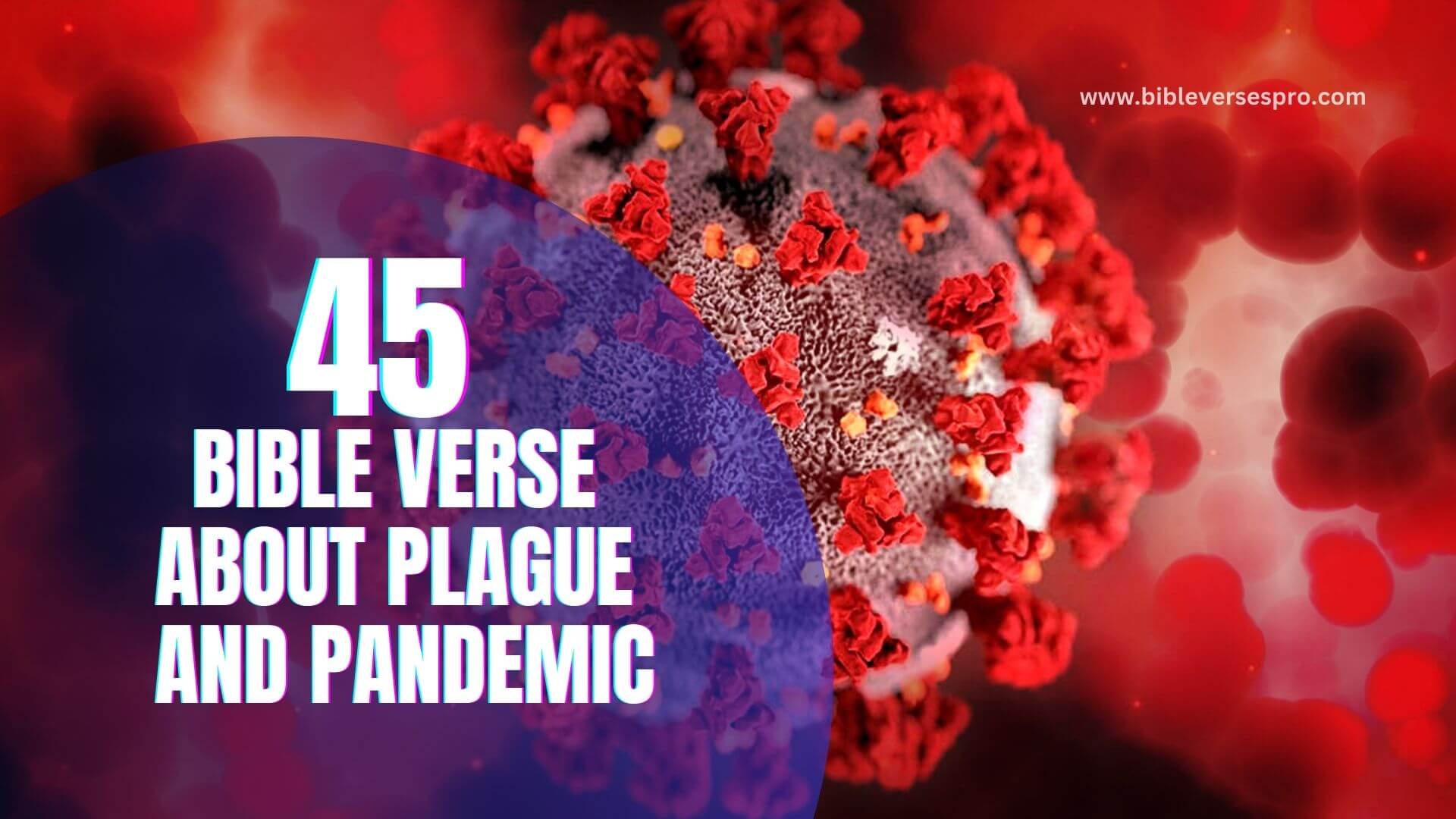While the Bible does not directly address vaccines, it provides principles and teachings that can help inform our understanding and decision-making regarding them.
Exploring what does the Bible say about vaccines requires us to delve into its broader teachings on love, compassion, stewardship, and the preservation of life.
By examining these principles, we can gain insights that help shape our perspectives on vaccines and our responsibilities as followers of God.
What Does The Bible Say About Vaccines?
The Bible does not specifically mention vaccines, as they were not developed during the time the scriptures were written.
However, the Bible does provide principles and teachings that can guide our understanding and decision-making regarding vaccines.
When exploring what the Bible says about vaccines, it is important to consider broader principles and values found throughout its teachings.
Love and Compassion
- The Bible consistently emphasizes the importance of love and compassion towards others. Jesus teaches us to love our neighbors as ourselves (Matthew 22:39), and the Apostle Paul encourages us to consider the interests of others (Philippians 2:4). Getting vaccinated can be seen as an act of love and compassion, as it helps protect the vulnerable and contributes to the overall health and well-being of society.
Stewardship Of Our Bodies
- The Bible teaches that our bodies are temples of the Holy Spirit (1 Corinthians 6:19-20). As stewards of our bodies, we are called to care for them and prioritize their well-being. Vaccines can be viewed as a means to preserve and protect the health of our bodies, fulfilling our responsibility as stewards of the gift of life.
Preserving Life
- The Bible places a high value on the preservation of life. It teaches that we should not do anything that endangers the lives of others (Leviticus 19:16) and encourages us to rescue and care for those in need (Proverbs 24:11-12). Vaccines can play a significant role in preventing the spread of infectious diseases, thereby safeguarding and preserving life.
Seeking Wisdom And Knowledge
- The Bible emphasizes the importance of seeking wisdom and knowledge. (Proverbs 19:20) encourages us to listen to advice and accept discipline. In the context of vaccines, this can involve consulting with medical professionals, studying scientific research, and making informed decisions based on the available evidence.
Responsibility To The Community
- The Bible teaches us to consider the well-being of the community and to act in ways that promote unity and harmony. (Romans 14:19) encourages us to pursue what promotes peace and builds others up. Getting vaccinated can be seen as an act of responsibility towards the community, as it helps protect those who are more susceptible to illness, such as the elderly or immunocompromised individuals.
Bible Verses About Getting Vaccine
While the Bible does not directly mention vaccines, it provides principles that can guide our decisions regarding health and the well-being of ourselves and others.
In the midst of a rapidly evolving world, vaccines have become a vital tool in safeguarding public health and combating infectious diseases.
As individuals grapple with the decision to get vaccinated, many seek guidance from various sources, including their religious beliefs.
Matthew 22:39 (NIV) – Love Your Neighbor
“And the second [commandment] is like it: ‘Love your neighbor as yourself.'”
Getting vaccinated can be seen as an act of love and care for the well-being of others, as it helps protect vulnerable individuals in the community.
Philippians 2:4 (NIV) – Look Out For Others Too
“Each of you should look not only to your own interests but also to the interests of others.”
Choosing to get vaccinated demonstrates a concern for the welfare of others by reducing the spread of diseases and promoting public health.
1 Corinthians 10:24 (NIV) – Also Take Care Of Others
“No one should seek their own good, but the good of others.”
Vaccination contributes to the common good and can help prevent the spread of infectious diseases, benefiting the larger community.
Matthew 7:12 (NIV) – Live An Exemplary Life
“So in everything, do to others what you would have them do to you.”
By getting vaccinated, we can fulfill the principle of treating others as we would like to be treated, showing care and consideration for their health.
Leviticus 19:16 (NIV) – Never Do Evil To Others
“Do not do anything that endangers your neighbor’s life. I am the LORD.”
Vaccination can be viewed as a responsible action to protect the lives and health of those around us, aligning with the principle of preserving life.
1 Peter 4:10 (NIV) – Use Your Gift To Help Others
“Each of you should use whatever gift you have received to serve others, as faithful stewards of God’s grace in its various forms.”
By getting vaccinated, we can utilize the medical advancements and knowledge available to us to serve and care for others, showing gratitude for God’s gifts.
Romans 15:2 (NIV) – Let Us Build Each Other Up
“Each of us should please our neighbors for their good, to build them up.”
Vaccination can be an act of building up our neighbors by reducing the risk of transmitting infectious diseases and promoting the health of the community.
Proverbs 24:11-12 (NIV) – Depend On God
“Rescue those being led away to death; hold back those staggering toward slaughter. If you say, ‘But we knew nothing about this,’ does not he who weighs the heart perceive it? Does not he who guards your life know it? Will he not repay everyone according to what they have done?'”
Getting vaccinated can be seen as a proactive step in preventing illness and protecting lives, fulfilling the call to rescue and care for those who may be at risk.
James 1:27 (NIV) – Take Care Of Orphans
“Religion that God our Father accepts as pure and faultless is this: to look after orphans and widows in their distress and to keep oneself from being polluted by the world.”
By taking responsible actions, such as getting vaccinated, we can fulfill the call to care for vulnerable individuals in society and demonstrate genuine faith.
Matthew 10:8 (NIV) – God Will Heal Us
“Heal the sick, raise the dead, cleanse those who have leprosy, drive out demons. Freely you have received; freely give.”
Vaccines can be seen as a means to promote healing and prevent the spread of diseases, aligning with the principle of using the resources available to us to benefit others.
Mark 2:17 (NIV)
“On hearing this, Jesus said to them, ‘It is not the healthy who need a doctor, but the sick. I have not come to call the righteous, but sinners.'”
Vaccination can be viewed as a way to fulfill the principle of caring for the sick and vulnerable, following Jesus’ example of showing compassion to those in need.
1 Timothy 5:23 (NIV)
“Stop drinking only water, and use a little wine because of your stomach and your frequent illnesses.”
This verse highlights the importance of using available means, including medical interventions, to address health concerns and promote well-being.
Isaiah 1:17 (NIV)
“Learn to do right; seek justice. Defend the oppressed. Take up the cause of the fatherless; plead the case of the widow.”
By getting vaccinated, we can participate in seeking justice and defending the vulnerable by reducing the risk of disease transmission, especially for those who are more susceptible to illness.
Matthew 25:36 (NIV)
“I needed clothes and you clothed me, I was sick and you looked after me, I was in prison and you came to visit me.”
Vaccination can be seen as an act of looking after the health and well-being of others, fulfilling the call to care for those who are sick.
Proverbs 13:17 (NIV)
“A wicked messenger falls into trouble, but a trustworthy envoy brings healing.”
By choosing to get vaccinated, we can become trustworthy envoys of healing by actively participating in disease prevention and public health efforts.
Proverbs 3:7-8 (NIV)
“Do not be wise in your own eyes; fear the LORD and shun evil. This will bring health to your body and nourishment to your bones.”
This verse encourages humility and seeking God’s wisdom, including following recommended health practices, which can contribute to the well-being of our bodies.
1 Corinthians 12:26 (NIV)
“If one part suffers, every part suffers with it; if one part is honored, every part rejoices with it.”
By getting vaccinated, we participate in the collective effort to reduce suffering and promote the health of the entire community.
Proverbs 16:20 (NIV)
“Whoever gives heed to instruction prospers, and blessed is the one who trusts in the LORD.”
Trusting in the Lord includes seeking knowledge and wisdom, including medical advice and interventions that promote health and well-being.
Proverbs 19:20 (NIV)
“Listen to advice and accept discipline, and at the end you will be counted among the wise.”
Seeking and heeding advice from medical professionals can help us make informed decisions about our health, including the choice to get vaccinated.
Galatians 5:14 (NIV)
“For the entire law is fulfilled in keeping this one command: ‘Love your neighbor as yourself.'”
Getting vaccinated can be an expression of love for our neighbors, considering their health and well-being as we would our own.
Romans 12:10 (NIV)
“Be devoted to one another in love. Honor one another above yourselves.”
By getting vaccinated, we demonstrate honor and devotion to others by taking steps to protect their health and well-being.
Conclusion
While the Bible does not explicitly mention vaccines, its teachings provide principles that can guide our understanding and decision-making regarding their use. The verses explored highlight the importance of love, compassion, and the preservation of life.
They encourage us to prioritize the well-being of others, steward our bodies wisely, and consider the impact of our choices on the community.
By approaching the decision to get vaccinated with these principles in mind, we can demonstrate our commitment to loving our neighbors, preserving life, and fulfilling our responsibility as caretakers of our bodies.
Ultimately, each individual must prayerfully consider the available information, seek wisdom, and make an informed decision that aligns with their faith, values, and the well-being of themselves and others.

















